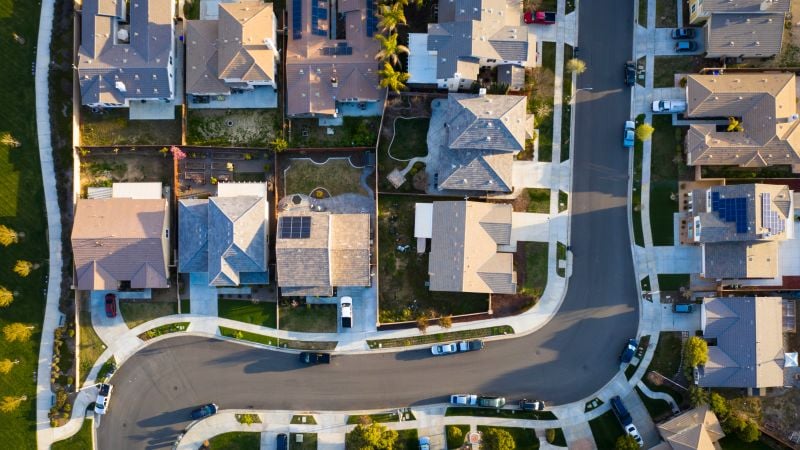- cross-posted to:
- urbanism@hexbear.net
- cross-posted to:
- urbanism@hexbear.net
After 33 years and four children, Baby Boomers Marta and Octavian Dragos say they feel trapped in what was once their dream home in El Cerrito, California.
Both over 70, the Dragos are empty nesters, and like many of their generation, they’re trying to figure out how to downsize from their 3,000-square-foot, five-bedroom home.
“We are here in a huge house with no family nearby, trying to make a wise decision, both financially and for our well-being,” said Dragos, a retired teacher.
But selling and downsizing isn’t easy, appealing or even financially advantageous for many homeowners like the Dragos family.
Many Boomers whose homes have surged in value now face massive capital gains tax bills when they sell. This is a kind of tax on the profit you make when selling an investment or an asset, like a home, that has increased in value.
Plus, smaller homes or apartments in the neighborhoods they’ve come to love are rare. And with current prices and mortgage rates so high, there is often a negligible cost difference between their current home and a smaller one.



Don’t have the money to pay the tax bill? Show me that math.
You buy a house for 300k, sell for 700k, you made 500k, that’s 15% tax filed jointly on long-term property. But wait! There’s more! You get to exclude the first 250k if it’s your primary residence! So you’re paying 15% on 250k. $37,500. Which is substantially less than income taxes.
They just sold the house and (assuming it was paid off) have 700k (less realtors fees, etc.) and absolutely could pay the tax. Even if it wasn’t paid off, the capital gains would be reduced and they would owe less money. We’ve moved and sold 2 homes in the last 20 years, made capital gains on each sale, and paid the appropriate taxes because we aren’t idiots and didn’t piss the money away.
So tell me again how they don’t have the “extra money to pay their tax bill”?